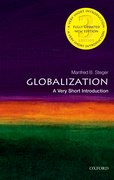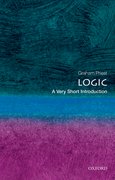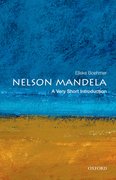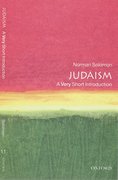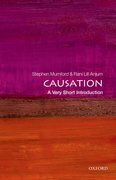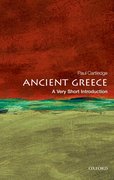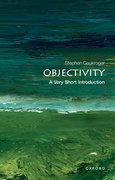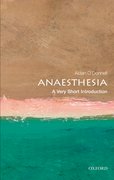The current crisis in American legal education
By G. Edward White
There has been a good deal of recent commentary about a perceived “crisis” in American legal education. A combination of rising tuition rates for law schools and a decline in the number of entry-level jobs in the legal profession has resulted in reduced numbers of applicants to law schools, and a corresponding reduction in entering law school class sizes.

